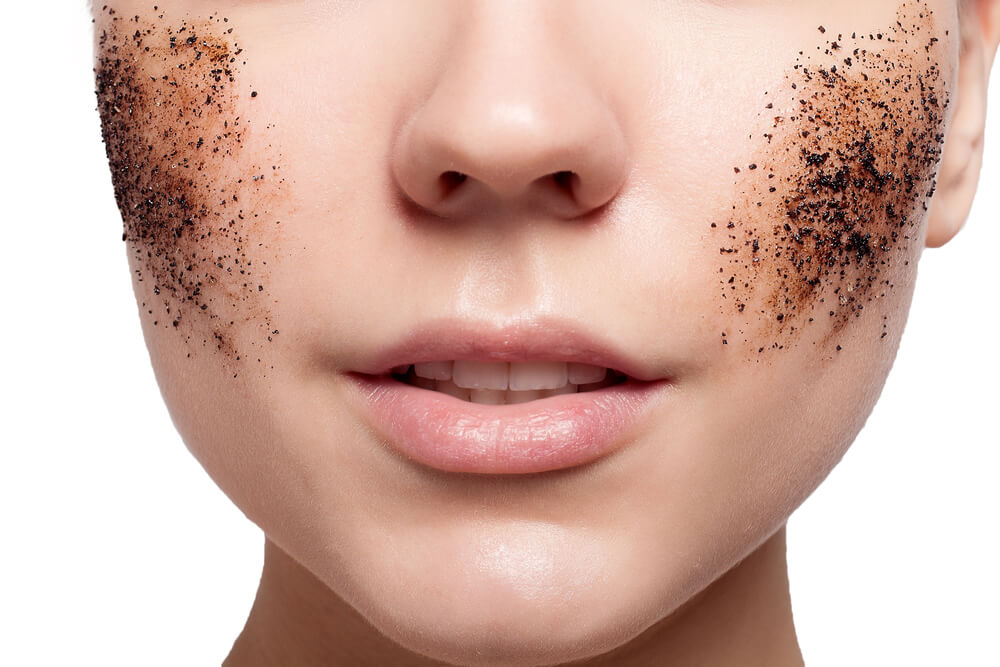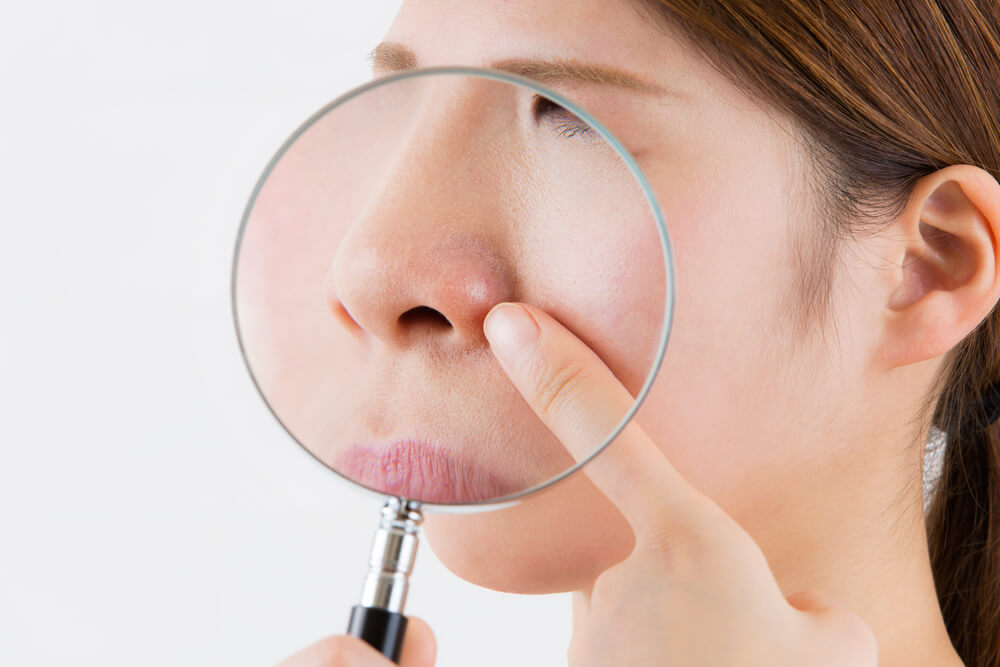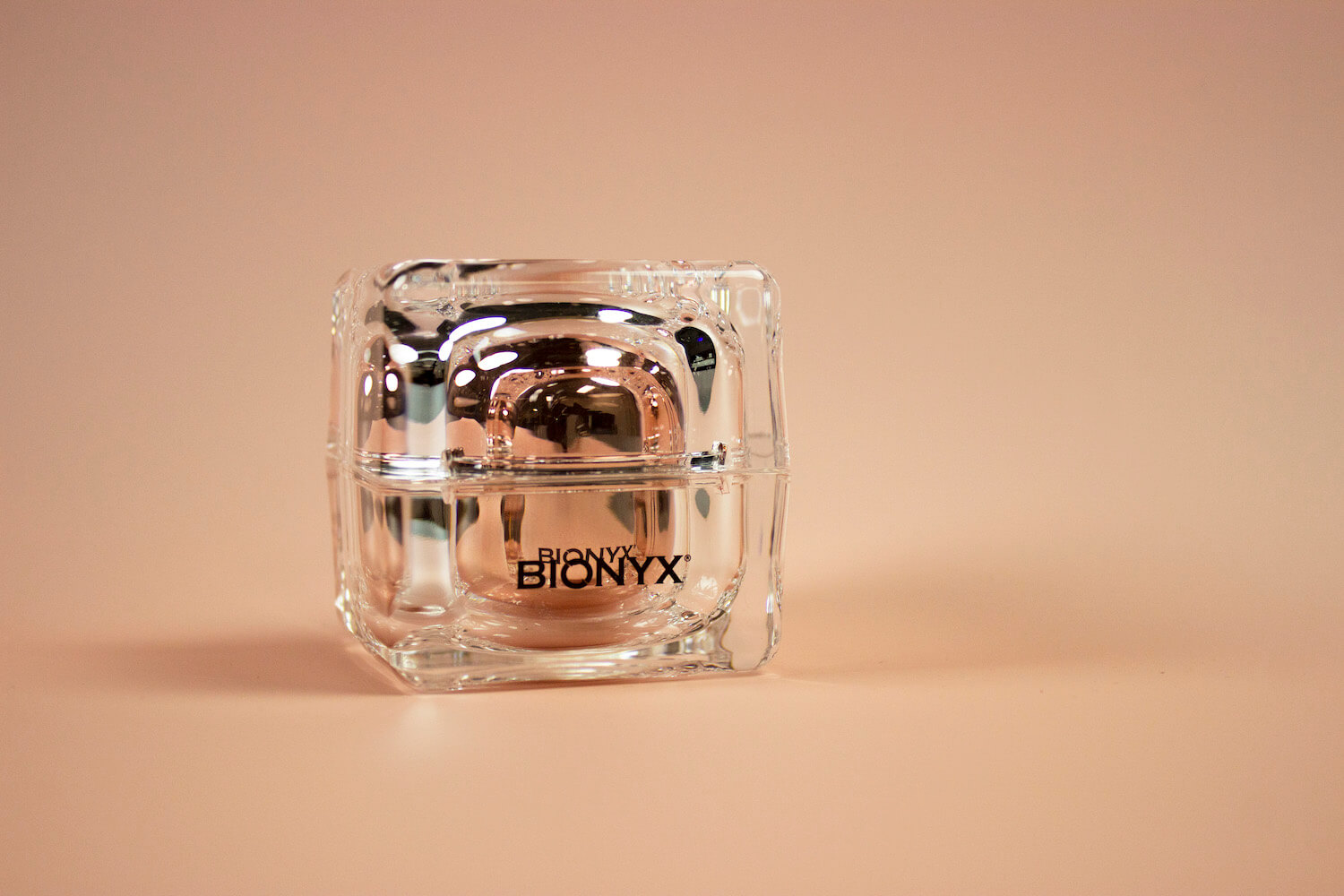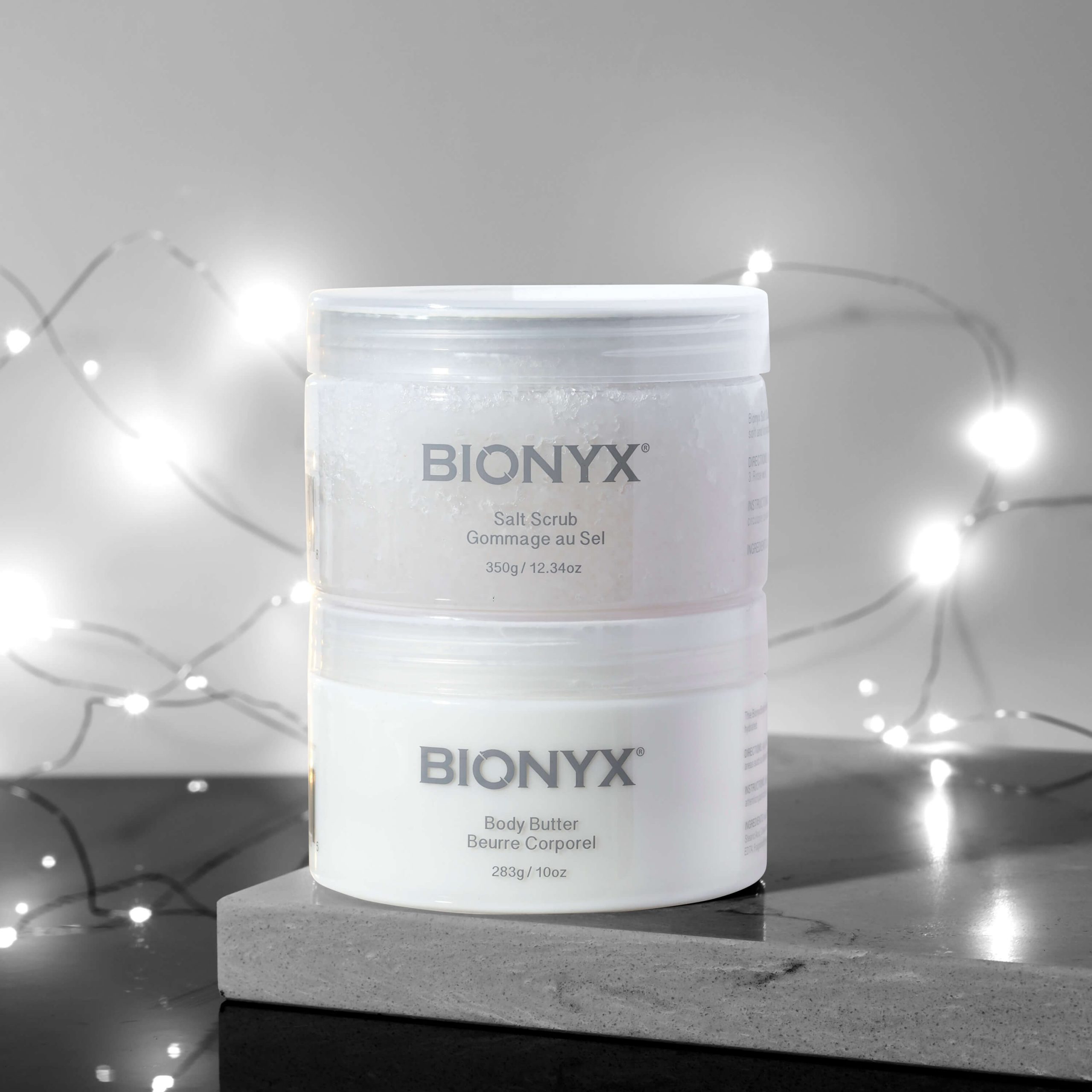Published: September 30, 2023
Some skincare products are absolutely essential. For example, if you didn’t cleanse or apply SPF, your complexion would start to go downhill pretty early on in life.
But where does exfoliation fit into this? Is it really necessary to exfoliate your skin regularly or is this a step that you can skip?
When it comes down to it, if you want skin that looks clear, bright, smooth, and healthy, then exfoliation is vital. Read on as Bionyx explains why!
To Unclog Pores and Prevent Breakouts
One of the biggest benefits that comes from exfoliating regularly is that it keeps your pores free of blockages.
Where do those blockages come from in the first place? They’re made up of sebum, dead skin cells, dirt, and other environmental impurities. Cleansing your skin each day will help to cut back on the volume of these impurities that enter into your pores but it won’t keep your pores completely clear. The only way to do this is by exfoliating your skin.
What happens if you don’t exfoliate and allow your pores to remain clogged? Breakouts won’t be far behind. As soon as bacteria mix in with a pore blockage, it triggers an inflammatory response. This then leads to pimples. If you have oily, acne-prone skin, exfoliating will drastically help to reduce the appearance of breakouts and inflammation.
To Brighten the Look of Your Skin
Your skin is constantly creating new skin cells. These are formed in the deeper layers of the skin, after which they slowly work their way up to the surface. Once there, your skin sheds the older and duller layer of skin cells on its surface to make room for the bright new skin cells coming through.
Unfortunately, as you age, the rate at which your skin sheds its dead cells starts to slow down. As a result, all of those older cells build up on the surface of the skin. Not only does this block any newer skin cells from making their way up, but it also leaves the skin looking extremely dull. All of those older cells aren’t able to reflect light in the way that younger skin cells do, causing a very lackluster complexion.
If you regularly exfoliate, you won’t have to worry about this. Exfoliation clears away any old and dead skin cells from the skin’s surface, removing the look of dullness too. This then allows the newer cells that your skin has produced to shine through, immediately leaving the skin looking brighter and more radiant.
To Fade the Visibility of Dark Spots
Dark spots appear on the skin for a number of reasons. Sun damage, aging, acne…the list goes on. Whatever the cause of your dark spots may be, one of the best ways to get them to look lighter and less noticeable is to regularly exfoliate.
Each time you exfoliate, you’ll be removing any dull and discolored skin cells from the surface of your skin. Of course, discoloration runs deeper than surface level but exfoliating allows those deeper discolored skin cells to then make their way to the top. The next time you exfoliate, you’ll be able to remove the next layer of discoloration, and so on. Do this regularly and your dark spots will look less visible far sooner than if you weren’t to exfoliate.
To Tighten and Firm Up the Complexion
If your skin has started to wrinkle and sag, then exfoliation is something that you should definitely be adding to your skincare routine.
Research confirms that exfoliation is a great way to smooth away the appearance of fine lines and wrinkles. It leaves the skin feeling firmer and tighter, especially if carried out regularly. It’s a great way to make the skin look younger, with the brightness that it gives to the complexion helping with this too.
To Improve How Even Your Skin’s Texture Feels
Remember how we mentioned that failing to exfoliate allows dead skin cells to build up on the surface of the skin?
Well, not only does this make your skin look dull, but it will also leave your skin feeling rough and uneven, simply because this is what the dead skin cells themselves feel like.
By exfoliating those away and allowing your younger skin cells to work their way up to the surface, your skin will start to feel significantly smoother.
To Make Your Pores Look Smaller
Struggling with pores that look large and dark?
Although genetics determine the size of your pores, blockages in your pores can leave them looking bigger than they actually are.
As you know, exfoliation clears away pore blockages. As a result, not only will this prevent the appearance of breakouts but it will also leave your pores looking smaller, tighter, and less visible.
To Increase Product Penetration
Chances are that you want the skincare products that you use to be as effective as possible. After all, why spend all of that money and time buying and applying products if they’re not going to work properly?
Well, when it comes to maximizing product penetration, exfoliation is a must. Why? Because, if you don’t exfoliate, you’ll be leaving a layer of dirt, sebum, and dead skin cells on the surface of your skin, as well as in your pores. Apply a skincare product over the top of that and it will struggle to penetrate through that layer. Sure, it will try its best and a small amount may end up getting through, but the majority of that product will simply evaporate into the air. As a result, your products won’t provide the full spectrum of results that they’re capable of packing.
How to Exfoliate Your Skin
Now that you know why you should exfoliate your skin, let’s talk about how this should be done. The method that you choose to use should vary depending on whether you’re exfoliating your face or your body:
Exfoliating Your Face
The skin on the face is very thin and delicate, meaning that the exfoliant that you use should accommodate this. One product that’s ideal for exfoliating the face without causing any issues is the Bionyx Rhodium Complex Facial Peeling. It’s gentle yet effective, which is exactly what you want from any exfoliant.
With that said, before massaging this product onto your skin, make sure that you have cleansed first. Exfoliation works so much better when done on clean skin. This way, rather than your exfoliant working solely on the impurities on the surface of your skin, it will be able to access your deeper cells, giving you better results.
Since you plan on exfoliating after cleansing, make sure that the cleanser you use is gentle. As necessary as exfoliation may be, it does, to some extent, still strip away the skin’s natural protective barrier. You don’t want your cleanser to do the same or your skin will only end up feeling irritated.
So, pick a mild, skin-loving formula, such as the Bionyx Rhodium Mousse Cleanser. Featuring amino acids and colloidal platinum, this creamy mousse will leave your skin feeling beautifully soft and refreshed.
Once you’ve finished cleansing, reach for your Bionyx exfoliant and scoop out a coin-sized dollop. Spread this evenly over your skin and then massage it in for about 30 seconds. Once you’re done, use lukewarm, rather than hot, water to rinse it off.
Remember to include your neck, and ideally also your chest, when exfoliating your face. Although these two areas may technically be a part of the body, the skin here is pretty fragile, just like facial skin, so needs to be treated in the same way.
Exfoliating Your Body
The skin on the body is much thicker and tougher than the skin on the face. This means that it requires a more abrasive exfoliant, which is exactly why body scrubs are so popular.
If you don’t already own a body exfoliant, the Bionyx Salt Scrub would be a great place to start. It contains sea salt, which is packed with a number of complexion-boosting minerals. Magnesium helps to lower the feeling of inflammation, calcium brightens the look of the skin, potassium assists with hydration, zinc can reduce the appearance of acne…the minerals in sea salt really do offer an incredible breadth of benefits.
Just like when exfoliating your face, make sure that you’ve cleansed your body before you exfoliate it. Use a gentle body wash to do so, ideally a sulfate-free formula that won’t irritate or inflame your skin.
Then, using clean fingers, scoop some of the salt scrub out of its jar. Massage it into your damp skin, making sure that you cover every inch of your body. Then, rinse it off and bask in how soft and smooth your body feels!
How Often Should You Exfoliate Your Skin?
We’ve covered the whys and the hows of exfoliation, but what about the when? How often should you be exfoliating your skin?
When it comes down to it, this all depends on your skin type. Each skin type has very different requirements that need to be taken into account when exfoliating.
For example, if you have oily or combination skin, you’ll need to exfoliate more often than someone with dry skin. If not, all of that extra sebum that your skin is producing will quickly lead to breakouts. For this reason, oily skin tends to do best when exfoliated two to three times a week.
On the other hand, dry and sensitive skin types don’t need to exfoliate quite so often. Over-exfoliating can quickly aggravate these skin types, so stick to exfoliating just once a week. If your skin is severely sensitive, then you may want to drop this down further to once every 10-14 days.
If your skin type is normal, then you’ll fall somewhere in the middle of the dry and oily scale. So, exfoliate once or twice a week. Keep an eye on your skin to see how it responds and adjust your exfoliation schedule accordingly.
Summary
There’s no getting away from the important role that exfoliation plays when it comes to maintaining a bright, soft, and healthy complexion. While it may add a couple of extra minutes onto your skincare routine each week, the benefits you’ll experience from regularly exfoliating make this more than worthwhile!
Click here to enhance your skincare routine with more bestselling products from Bionyx.






